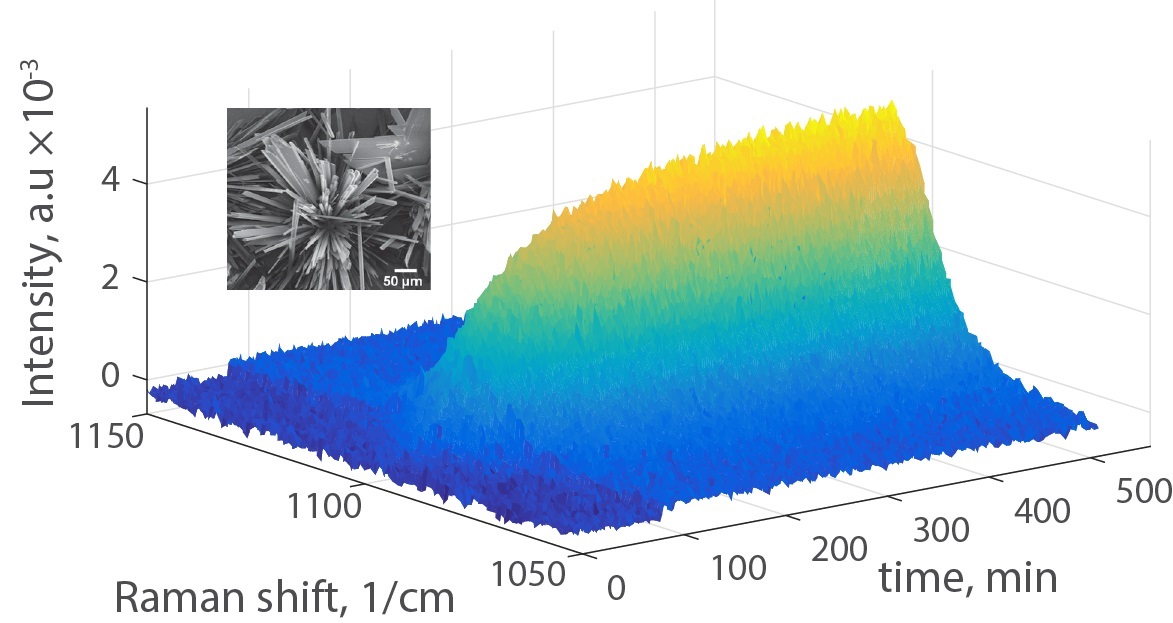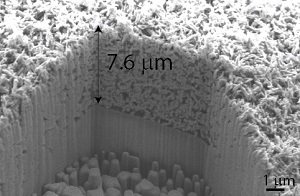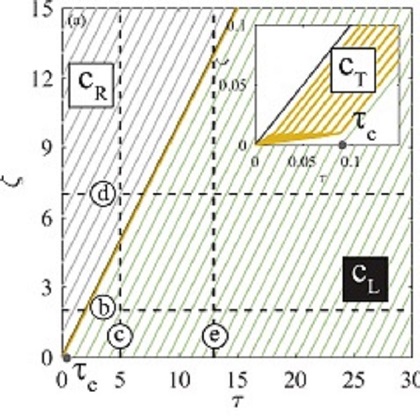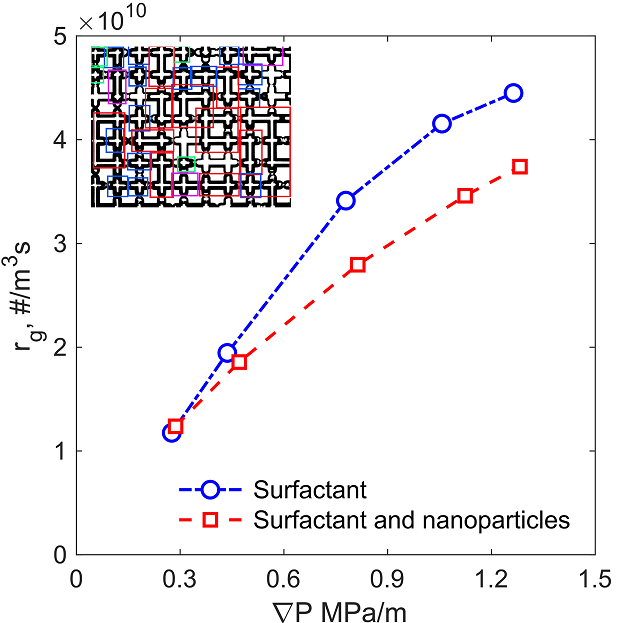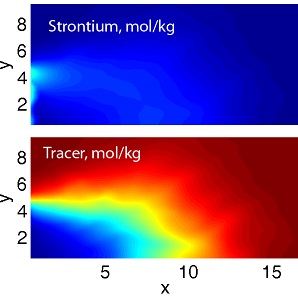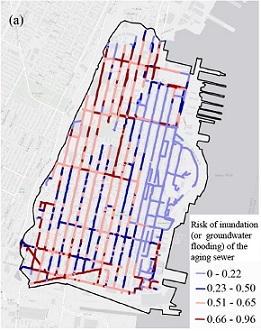Research
| Home | People | Publications |
Current Projects
CO2 mineralization and bio-product synthesis
| We are working on the combination of carbon mineralization with microalgae to capture carbon from flue-gases and air into metastable carbonates to be used in algae harvesting ponds. Microalgae harvesting offers the opportunity to create bio-oil for the synthesis of sustainable products such as biofuel and bio-plastic. It has been observed that the growth of microalgae in the presence of carbon/nitrogen imbalance favors the accumulation of bio-oil. This opens the opportunity to the use of high-soluble carbonates to enhance microalgae productivity. We investigate the system of nesquehonite (MgCO3-3H2O) and Scenedesmus Obliquus which is continuosly monitored to support the development of a biochemical model of the Bio-CO2 mineralization process. |
CO2 mineralization and mining of valuable elements | We are working on the development of a novel process which combines CO2 mineralization and mining of valuable elements using continental brines and seawater. Due to the increase in the use of mobile electronics and electric vehicles, there is a dramatic rise in the global consumption of elements such as lithium (Li), cobalt (Co), and manganese (Mn). Current sources are found in ores and brines located only in few areas around the world and their supply will not be able to meet future demand. Therefore, element mining from continental brines (i.e., geothermal brine, salt lakes, and oil- and gas-brines) and seawater is a new attractive venue. |
Transport of bacteria and viruses through porous media
| We study attachment/detachment, straining, and decay processes during viruses and bacteria transport in under variable chemical conditions. Experimentally we studt the transport using microfluidic systems and column flood systems. The measurements are used to calibrate and validate matematical models. The work is motivated by the potential of contamination of potable aquifers by the reuse of wastewater in agricultural. Wastewater reuse is a common practice worldwide, in particular in arid and semiarid regions. However, untreated or partially treated wastewater may contain excessive concentration of pathogens that can enter water bodies and pose risk to human health. It is important to understand the fate of fecal microorganisms in soil to design wastewater reuse and remediation of contaminated soils. |
Bubble transport in porous media
| The remarkable stability of bubbles in the presence of nanoparticles opens the possibility to use bubbles as carriers of particulate reactants towards contaminated sites in the subsurface. Foams made of gas bubbles up to 97 vol.\% can be obtained when nanoparticles and surfactant are used as stabilizers making the remediation process more sustainable. Due to the large viscosity of the gas bubbles in comparison to the fluid alone, the mobility of the nanoparticle is significantly improved. We are working on the development of a process where bubbles are used to carry reactive nanoparticles. Through the understanding of the fundamental mechanisms of bubble generation and coalescence as well as nanoparticle behaviour at the gas-liquid interface, we are building a mathematical model to describe the transport of bubbles and nanoparticles in reactive porous media. We use microfluidic systems to investigate the behaviour of bubbles and nanoparticles at the pore scale and column-flood systems to verify the process model. |
Reactive transport in porous media
| When an alkaline solution containing heavy metals or radionuclides invades a low pH region within a porous medium with hydrophilic surface, mixing induces destabilization of the concentration front leading to the formation of a fast travelling plume. In this project, we study the effect of transverse dispersion and chemical reactions at the solid-liquid interface on the fast transport of heavy metals and radionuclides. Using 2D bead-packs, we work on the development and experimental verification of mathematical and numerical models to describe the transport behaviour. |
Groundwater in coastal urban areas
| The aging of urban sewer networks is becoming a major problem in big cities, and their renovation is therefore required. The investigation and the replacement of the damaged pipes can however be signicantly time- and cost-intensive. One of the consequences of damaged sewer is the occurrence of the infiltration (I) of groundwater and drinking water from leaking mains and the leakage (or exfiltration, E) of wastewater. Infiltrations lead to the dilution of wastewater, more frequent combined sewer overows (CSOs), and soil erosion with negative impact on the supercial water streams and on soil strength. Exfiltrations lead to the escape of contaminants with negative impact on urban groundwater quality. We work on methologies to indetify pipes within an urban area more sensitive to these phenomena using the city of Hoboken (NJ, USA) as our urban laboratory. |



